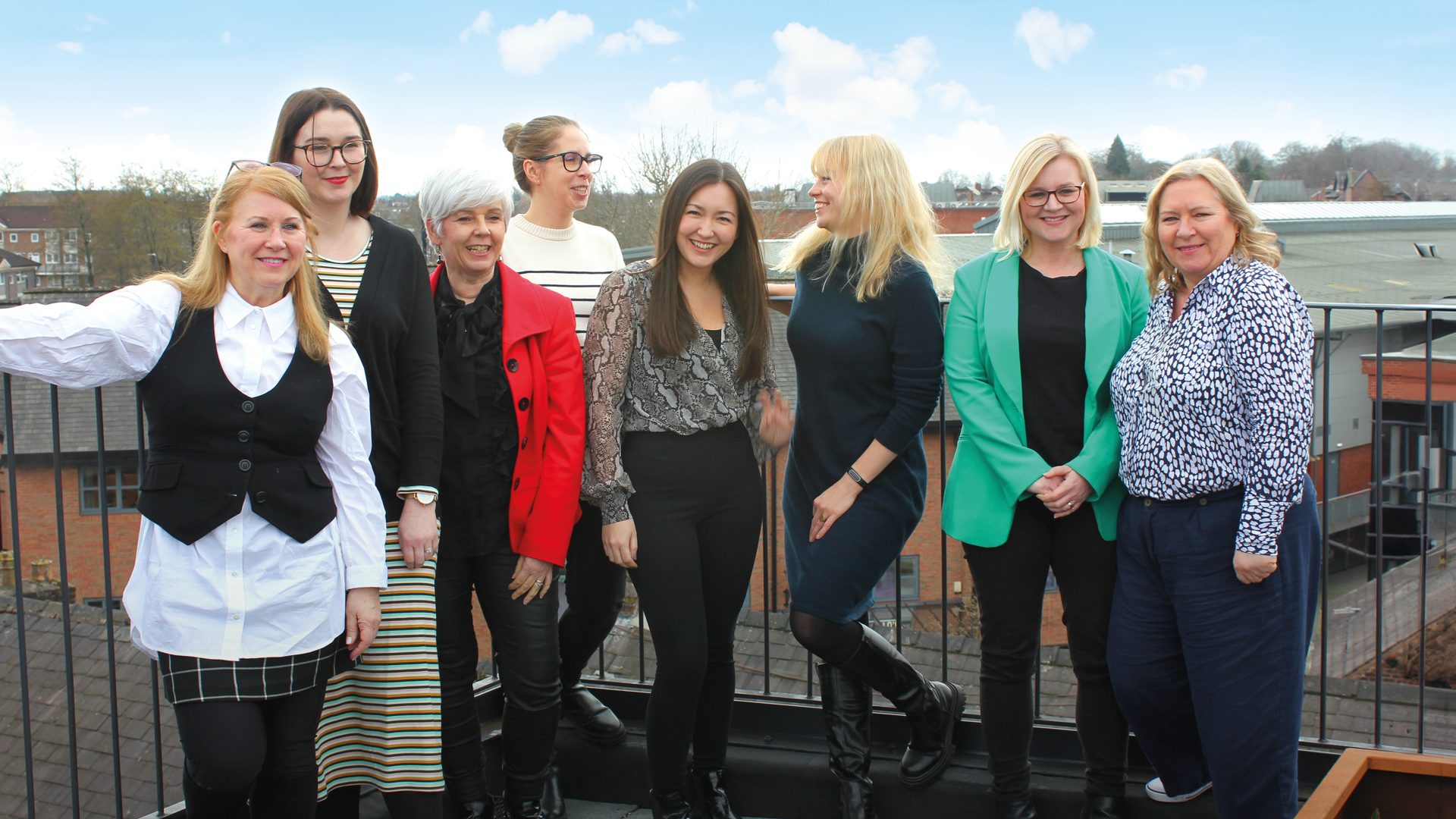We have heard this question so many times both internally and at EOA events. It is something that is pivotal to a clear understanding of what being part of an EOT means. You can be an engaged employee; accountable, hard-working, entrepreneurial, and not be part of an EOT – so what is the difference?
For us, the main difference is opportunity. You can have the right attitude, work efficiently, and have wonderful ideas for moving the company forward but being part of an EOT gives you the opportunity to grow these ideas into fruition. At C21, we pride ourselves in being change creators; making a positive difference and challenging our approach to ensure we are delivering our value proposition.
Putting this into practice to create change can be a challenge. We have found that saying this and having employees understand and embrace it have been two very different things. It takes a lot of coaching, process change, comms, and a few leaps of faith until you have employees who know how and when they can make significant impact.
One of the ways we looked to do this was examine our own employee experience, right from onboarding, our day-to-day experience all the way to off-boarding. We asked for scrutiny on where we could be better and ultimately what would make a tangible difference both in the office and for work/life balance. It can be a funny thing to give people that freedom; you may expect revolution and could be nervous to rip off the plaster but, in fact, we found it to be enlightening and are proud we could adapt for the benefit of everyone.
Integral to this is completing the cycle of feedback and implementation. Not every suggestion can be taken forward. Some ideas are fantastic, but they might not align with business goals at that time, or may take more resource than is currently available. Whether an idea is taken forward or not, explain the reasoning and employee engagement won’t suffer.
Since we became employee-owned we have introduced increased employer pension contributions, your birthday off, volunteering days, work from anywhere August; we also work more flexibly around childcare to ease the load for working parents, whilst maintaining the same high standards we always have. In addition, we are working together to ensure that employee experience is a consistent one, no matter what the job role.
From a monetary perspective, there’s the benefit of annual tax-free bonuses up to £3,600 and – longer term, once trust obligations are discharged – a potential profit share or share of proceeds, if the company was sold at some point in the future. Whilst these financial incentives can be incredibly motivational, it’s important that everyone understands they can only be achieved if the business remains successful and profitable. That’s where a strong culture, clear direction, effective leadership and employees who all pull together to achieve their shared ambition, are so critical.
Employee-ownership means having a higher level of mutual trust and a team that can withstand bumps in the road. Simon Sinek once said “A culture is strong when people work with each other, for each other. A culture is weak when people work against each other, for themselves”. Employee ownership relies on a shared value system, trust, aligned goals and everyone pulling in the same direction.
Yes, you can have a strong culture and not be employee-owned but are you able to shape your own experience, have your say in the direction the business is heading and truly benefit from your efforts? That, for us, is the difference.
If you’re an employee-owned company, we’d love to hear your thoughts on this. What is the difference for you? Email kelly.dronsfield@c-21.co.uk and share your insights.



